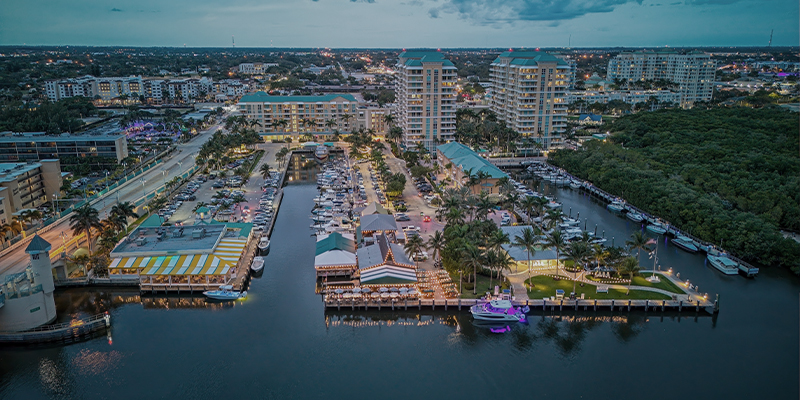
Concussions don’t always make themselves known right away. Sometimes the signs take hours or even days to become apparent. These delayed concussion symptoms can catch people off guard, especially after an accident that didn’t seem too serious at first. But just because they show up late doesn’t make them any less real or dangerous.
Why Symptoms Don’t Always Show Up Immediately
The brain doesn’t always react to trauma in predictable ways. In some cases, adrenaline masks the symptoms. After an accident, the body is flooded with stress hormones, which can dull pain and keep people alert for a while.
Once that wears off, symptoms may start to creep in. Swelling in the brain can also take time to develop. Symptoms might not appear until hours later or even the next day.
It’s also common for people to overlook signs of a concussion, especially when those signs are more subtle or are attributed to stress, fatigue, or emotional shock from the incident.
How Delayed Concussions Happen
Car accidents are one of the leading causes of delayed concussion symptoms. Even if a person doesn’t hit their head directly, the force of a crash can jostle the brain enough to cause injury. Whiplash-type motions are often responsible for these kinds of concussions.
Slips and falls are another common source. A fall doesn’t have to be from a high place to do damage. Just hitting the floor or pavement at the wrong angle can lead to brain trauma.
Sports injuries and assaults are also known to cause concussions with delayed symptoms. Anytime the head is hit or violently shaken, there’s a risk of brain injury, even if there’s no immediate pain or loss of consciousness.
Common Delayed Concussion Symptoms
The signs of a delayed concussion aren’t always easy to spot and can often be passed off as having other causes. Some people deal with headaches or dizziness, while others notice vision changes, like sensitivity to light or blurriness. These issues might start small but tend to get worse as time passes.
People can also experience:
- Anxiety
- Depression
- Irritability
- Nausea
- Sleep disturbances
- Confusion
- Memory issues
- Problems with focusing
- Trouble processing new information
- Mood changes
- Just a general feeling of being “off”
All of these signs are worth paying attention to. If there’s any doubt as to whether a symptom is linked to your accident, ask yourself if the symptom was there beforehand. If not, it’s better to play it safe and get checked out.
Challenges With Diagnosis and Recovery
One of the most significant problems with delayed concussions is that they are challenging to diagnose. When the signs take time to show up, it’s easy to overlook the connection to the accident. That can delay treatment, make recovery harder, and create more complications down the line.
Some people are misdiagnosed with migraines, anxiety, or other unrelated issues. Others are dismissed as being stressed or tired. This can leave them feeling unsupported when dealing with very real symptoms.
Recovery times also vary. Some people bounce back in weeks, while others deal with lingering issues for months. Every brain is different, and every concussion is too.
The Hidden Side of Head Injuries
A delayed concussion isn’t something to ignore or brush off. These injuries can develop quietly, take time to reveal themselves, and then hit with full force. Understanding how and why these symptoms appear late can help people in Boynton Beach, FL and beyond recognize what they’re dealing with and advocate for the care they need.
Contact the Boynton Beach Personal Injury Lawyers of Green Personal Injury Lawyers for Help Today
Even small crashes can turn into big problems when it comes to injuries, repairs, or dealing with insurance. Green Personal Injury Lawyers can give you peace of mind and help you protect your rights from the start.
Contact us today for a free consultation with a Boynton Beach personal injury lawyer.
Green Personal Injury Lawyers
3487 Woolbright Rd. Boynton Beach, FL 33436
(561) 362-2009
